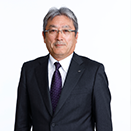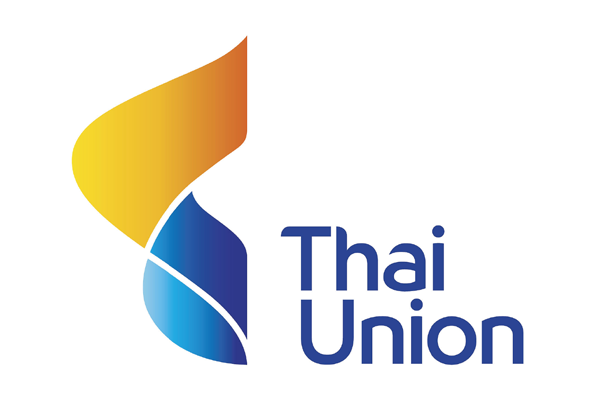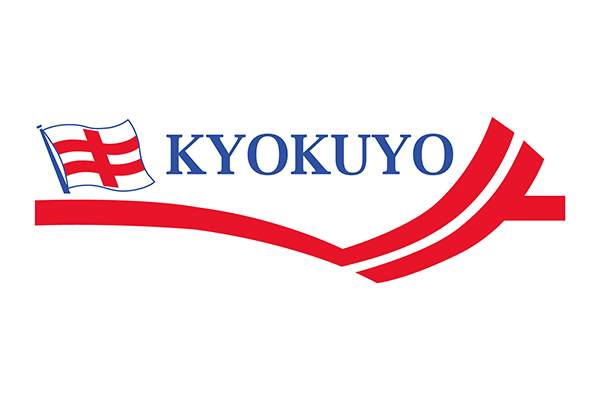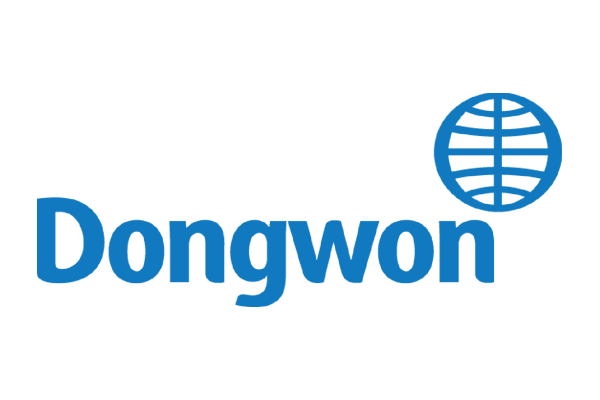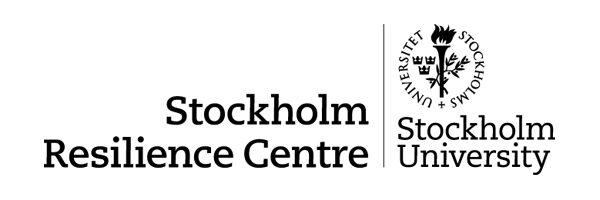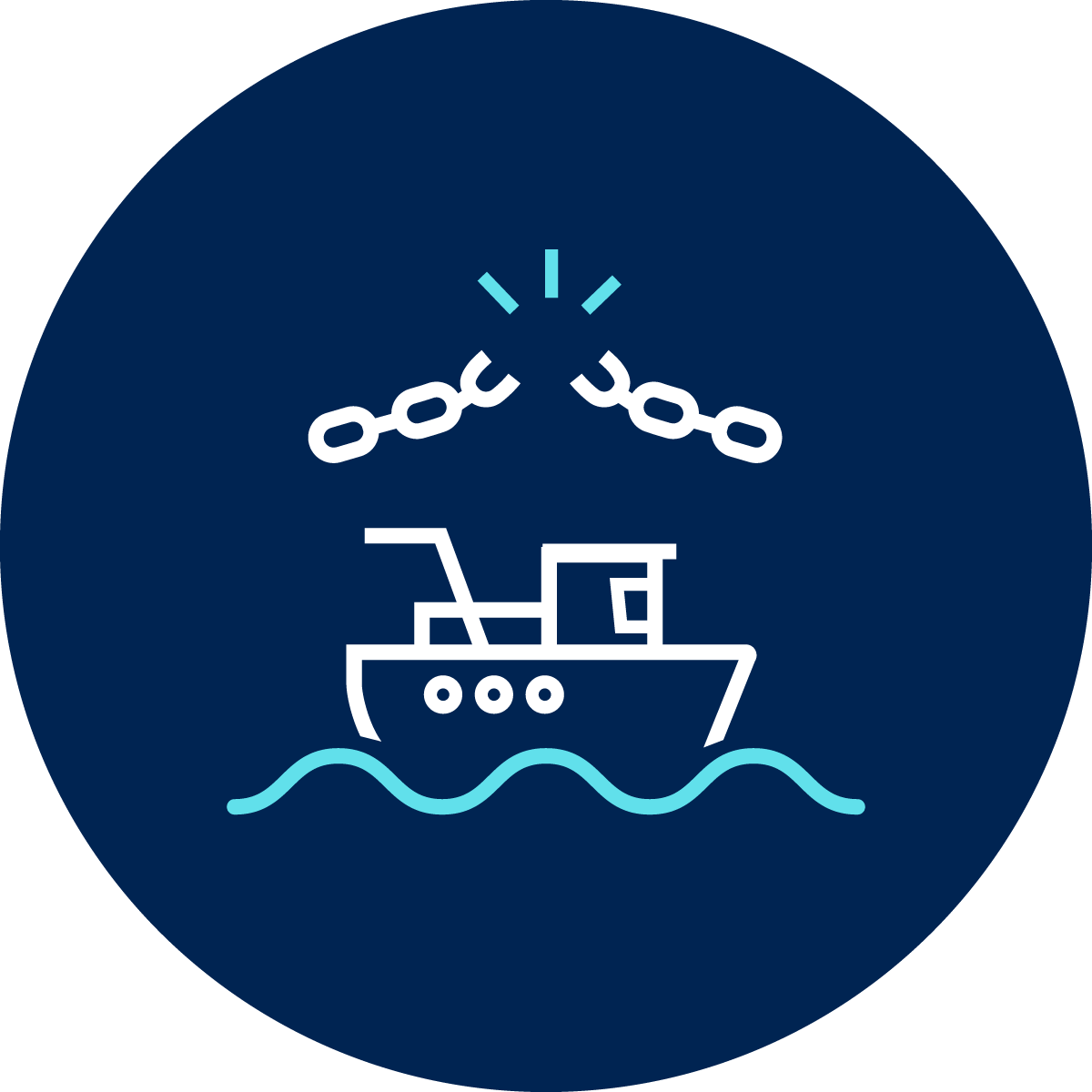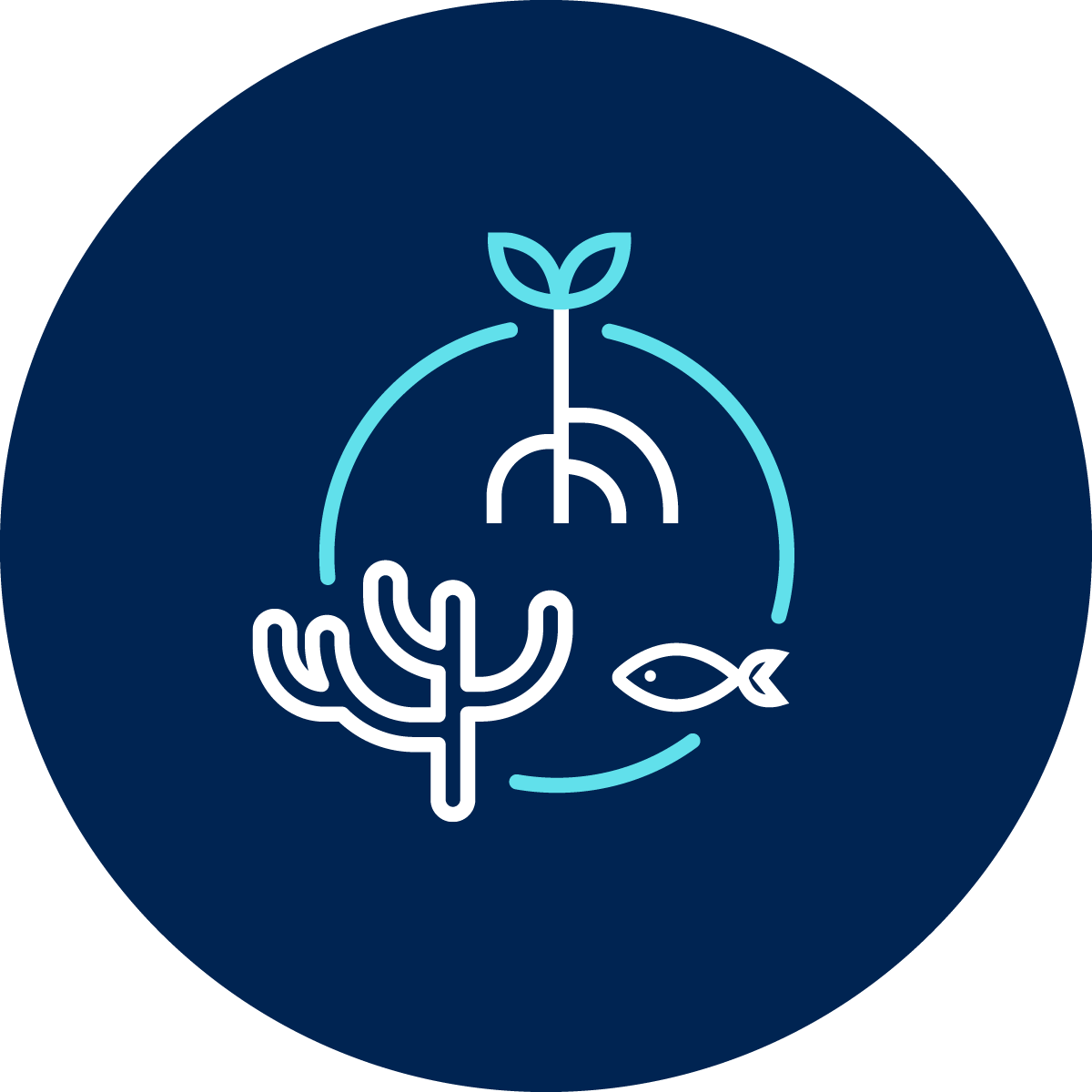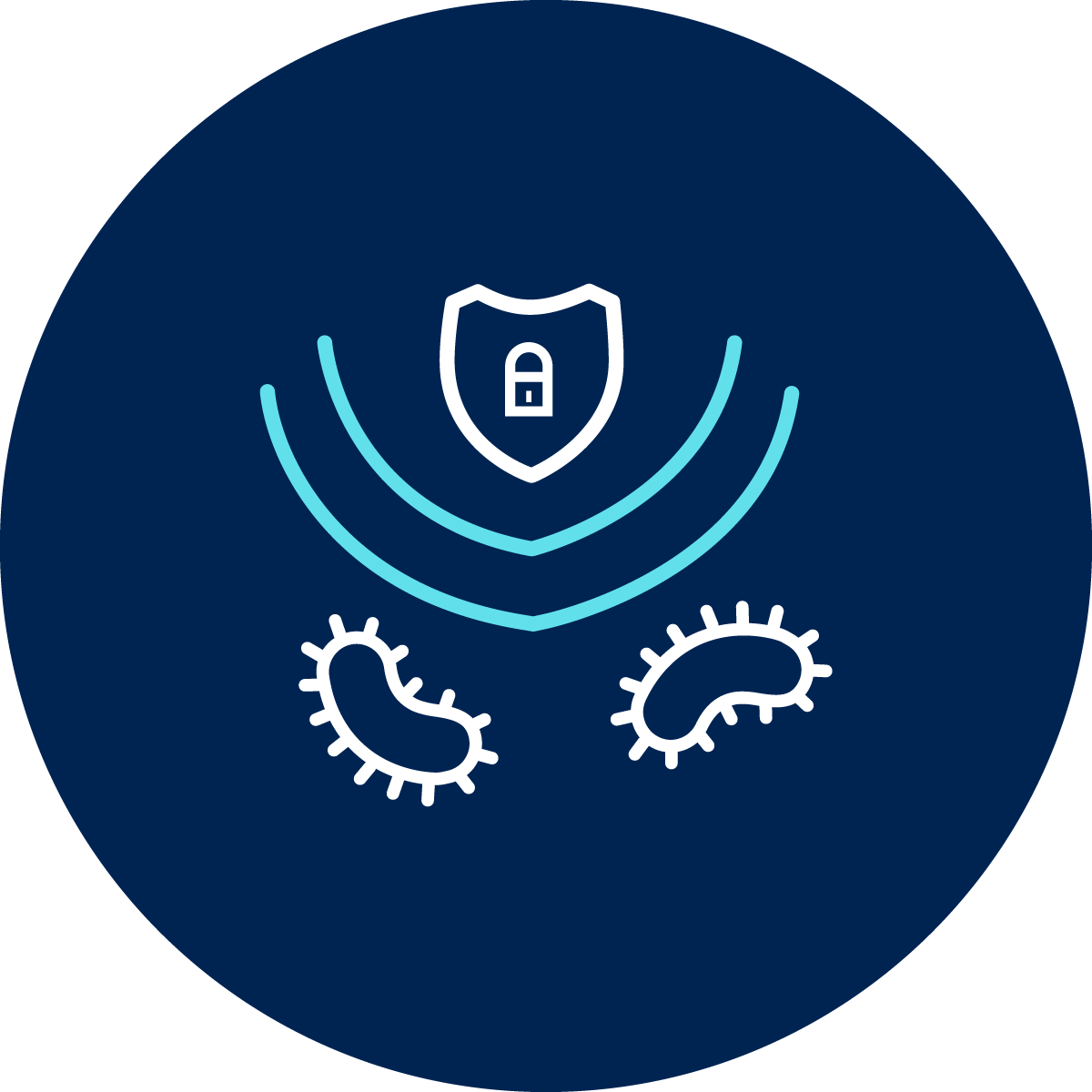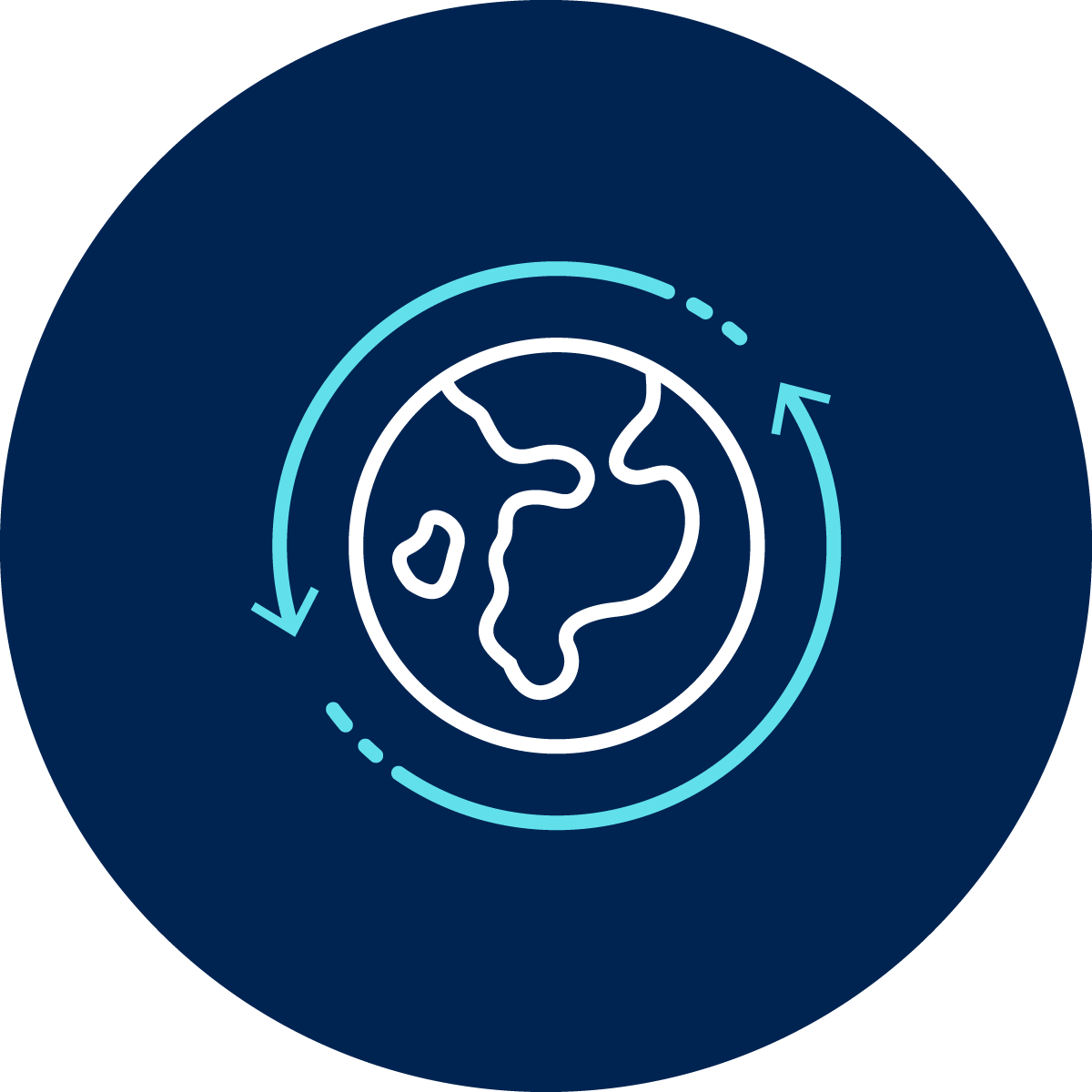In response to this crisis, SeaBOS developed the “City to Sea” Framework, a comprehensive strategy targeting areas where the seafood industry can significantly reduce plastic pollution. Our management approach leverages scientific insights and harnesses innovative solutions to cut down plastics use. Initiatives such as biennial reporting on our plastics footprints, adoption of alternative materials, reduction, reuse, and recycling of plastics, alongside awareness campaigns, comprise our multipronged approach.
- Provide at least biennial reporting on plastics packaging footprints, along with shared learning webinars during 2021 on innovative solutions to make plastics lighter; re-use, reduce, recycle, or make plastics compostable.
- To continue City to Sea plastics strategy including reporting on our plastics footprint
Sustainable Development Goal 14: conserve and sustainable use use of the oceans, seas and marine resources
- By 2025, prevent and significantly reduce marine pollution
Our actions & impact (2023)
Our member companies are united in their commitment to reduce plastic pollution. Below is an overview of the actions taken by our member companies.
Adopted a Strategy for Reducing Plastics
9/9
Disclosed Plastic Consumption
7/9
Disclosed Plastic Reuse
4/9
Science outlook
Scope, scale and urgency of action
Plastics have become ubiquitous in the environment, including marine ecosystems. Over 300 million metric tons of plastic are produced annually, with nearly 80% expected to enter landfills or the natural environment. An estimated 170 trillion plastic particles are floating in the ocean today, while thirty times as much is thought to have accumulated in sediment on the seafloor. Macroplastics from fishing activities entangle and kill marine life and seabirds, and have also been found to be the most prevalent human debris on coral reefs (see Figure). Meanwhile, microplastics (less than 5 mm in length) have been identified in the bodies of 1,288 marine species including over 750 fish species. According to the 2017 FAO report on Microplastics in Fisheries and Aquaculture, even the “worst-case scenario” of plastic ingestion due to contaminated seafood remained far below allowable daily intake levels for well-studied contaminants such as PCBs, PAHs, DDT, Bisphenol A and PBDEs. Yet, consumers remain deeply concerned about microplastics in their food (e.g. 63% of respondents in a 2020 study by the German government).

Pathways forward
Companies can reduce the flow of plastic to the ocean by implementing comprehensive strategies that focus not just on recycling plastic waste, but systematically reducing use across the entire value chain. Advocating an overall reduction of plastic production and fully utilizing ocean cleanup efforts as a means of communication on broader issues of stewardship, responsibility and care for the environment can amplify the impact of such efforts. Since IUU fishing has also been correlated with incidences of abandoned, lost and discarded fishing gear, concerted efforts to address such activities represent an additional positive impact.
Case studies
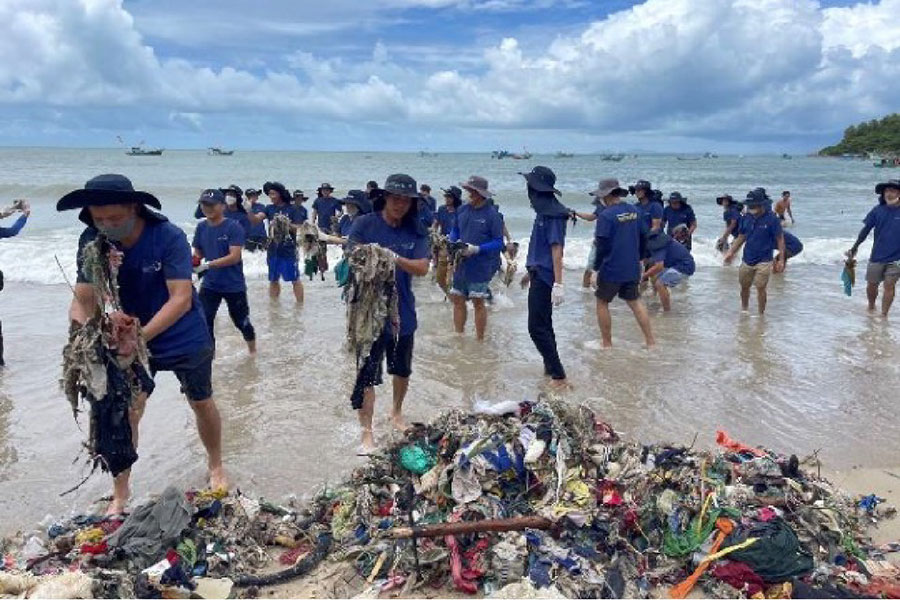
Ocean Conservancy | SeaBOS Cleanup
Since 2021, over 5000 employees of SeaBOS member Companies have actively participated in ocean plastic cleanup activities, removing over 25 tonnes of polluting material globally.
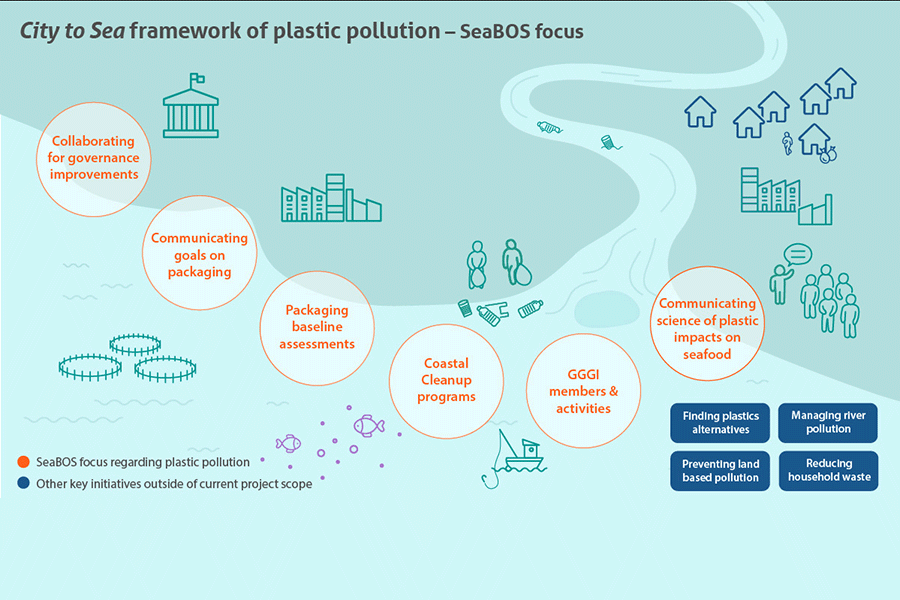
City to Sea Framework
SeaBOS developed the “City to Sea” Framework, a comprehensive strategy targeting areas where the seafood industry can significantly reduce plastic pollution.
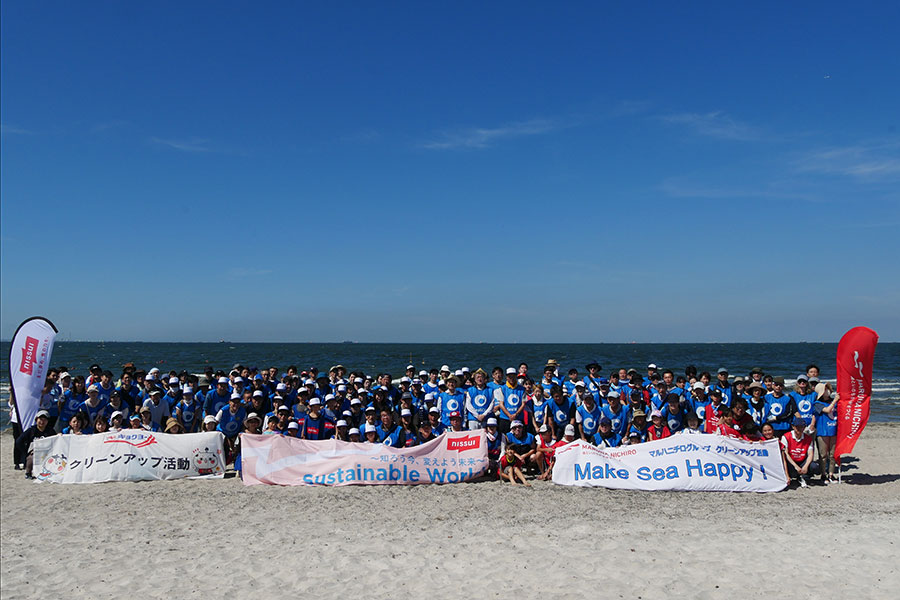
Japanese Company Collaboration
The three Japanese SeaBOS member companies – Nissui, Maruha-Nichiro and Kyokuyo – collaborated on a beach cleanup event in Tokyo in the summer of 2023. Over 200 staff members took part, including the three company CEO’s.




